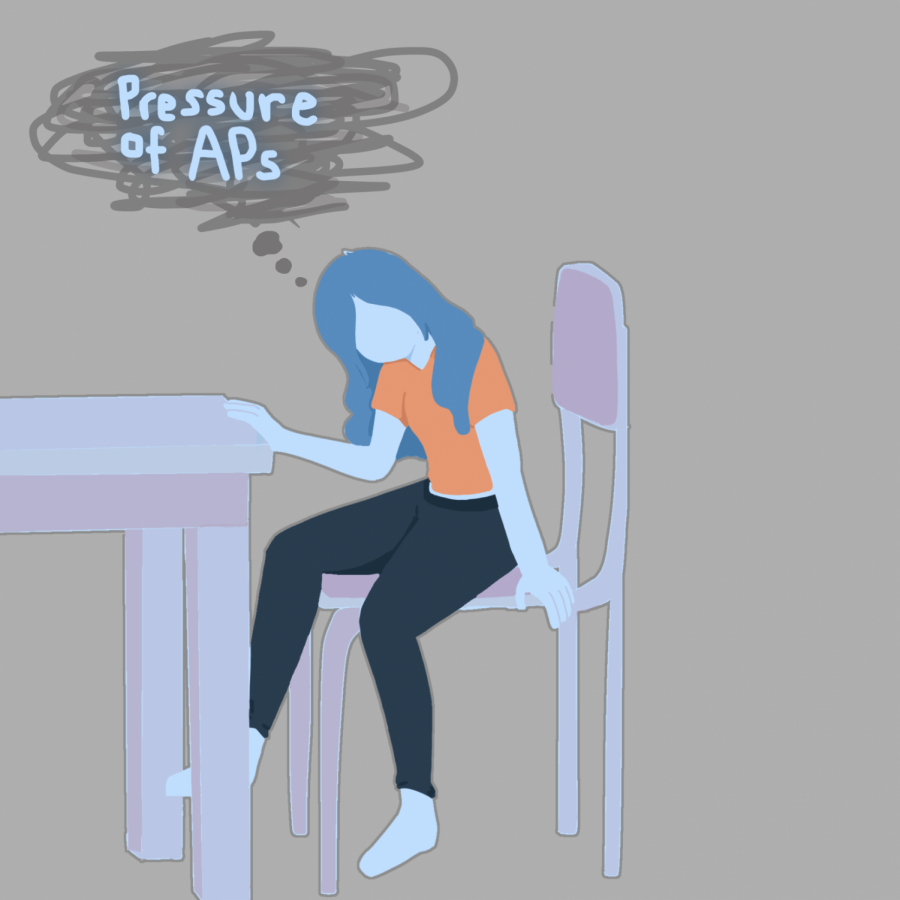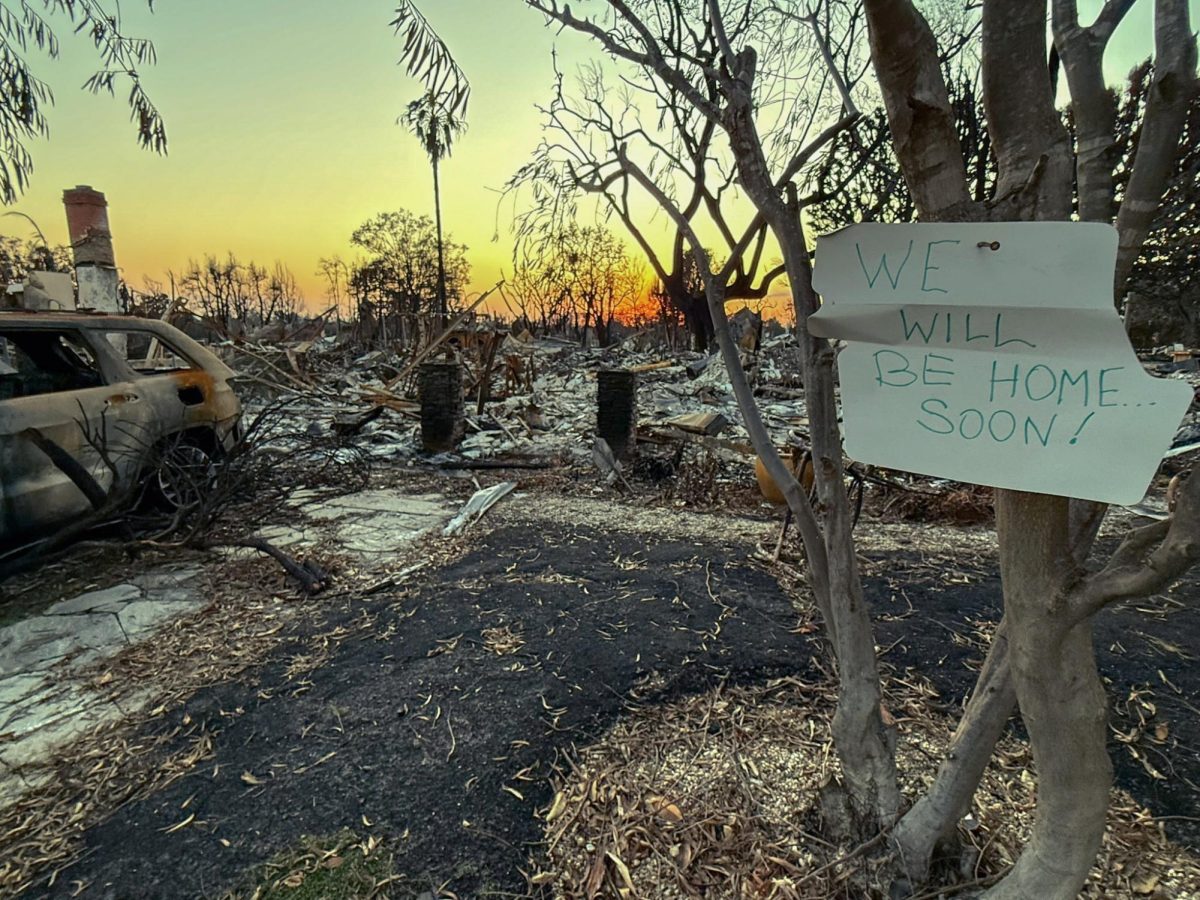MyAP or My Mental Health?
December 13, 2021
Among Pali’s extensive course offerings stand 22 Advancement Placement (AP) classes. These rigorous, fast-paced courses offer the 1,834 Pali students that take them, the opportunity to earn college credit, boost their Grade Point Average (GPA) and above all, distinguish themselves from their peers.
Despite these benefits, the pressure to take AP classes in today’s highly competitive academic atmosphere often forces many students to sacrifice social interaction, their time and their mental well-being.
Junior Fiona Herzog is among the many Pali students who have fallen victim to the harsh realities of high school AP courses, taking four in total this year. Herzog attributed her packed schedule to “expectations from society.”
“This is high school … You need to be doing everything in your power to get into a good college,” she said.
Junior Troy Haddadi agrees, saying, “I absolutely feel societal pressure to take more AP classes, but I also feel like that is part of the package when you want to achieve the highest GPA.”
This external pressure often causes students to fill their schedules with too many AP classes, leaving students feeling overburdened by the extreme workload.
“I felt comfortable at the beginning of this semester,” junior Noah Cohen-Garcia said. “But midway through I got extremely overwhelmed due to the stress from homework and tests.”
Additionally, junior Hemosoo Woo’s busy class schedule attests to the fact that AP classes require a significant time commitment.
“I find myself going to school and then doing extracurricular activities,” Woo said. “I will even be doing homework at 2 a.m.”
These late-night homework sessions seem to be the norm for Pali’s AP students. Cohen-Garcia said that he also suffers from a lack of sleep as a result of the strenuous workload from AP classes.
“I just focus so much on grades to the point where I don’t care about my physical [well-]being as much as I should,” Cohen-Garcia said. “[I was] even staying up all night to meet deadlines.”
According to an international study published in Mexico, the loss of sleep resulting from the rigor of AP classes can lead to sleep-related issues and depressive symptoms. “Children who reported poor sleep quadrupled their risk of depression symptoms,” the study shows.
The COVID-19 pandemic and abrupt switch to online learning exacerbated the student mental health crisis. A scientific review conducted by the Journal of the American Academy of Child and Adolescent Psychiatry found that social isolation and loneliness also increased the risk of depression during the pandemic.
In order to address the spike in teenage mental health issues, Pali’s mental health team provides resources for struggling students and serves nearly 150 students every week, according to Pali psychologist Lupita Guttierrez.
Students can get in contact with the school’s mental health team by reaching out to their counselor directly in urgent cases, and by filling out a mental health referral form in less time-sensitive situations. The form responses are checked daily and students can expect a response from a mental health team member within a week.
“We’re getting a lot more kids [in for support] who are highly anxious and overwhelmed about their classes and taking four APs,” Pali psychiatric social worker Ruth Horwitz said. “In the past … it really wasn’t those kids as much.”
One of the main challenges the mental health team faces is breaking the stigma around seeking help for mental illnesses, according to school staff.
“Locally, I think the stigma of mental health is going away,” Guttierrez said. “We have worked with the leadership class to do lunchtime activities … and that’s one way to expose [the mental health team] and make [the mental health team] more visible.”
“A lot of times people feel like they’re not really depressed or they’re not really anxious,” Horwitz added. “[They feel like they] shouldn’t go and waste people’s time, that it’s for people who really need it. … [The program] is for anybody … who has anything they want a little support with.”
Pali’s mental health team maintains a flexible schedule with accessible workshops giving students opportunities to receive mental health assistance.
The mental health team most recently held the Wellness and Self Care Workshop after school every Tuesday in room U102. The six-week workshop offered busy students an easy way to destress, with group activities aimed at creating a supportive environment.
“We hope everybody feels they are worthy of coming and getting some support,” Horwitz added. “We want to see anybody who needs support.”












